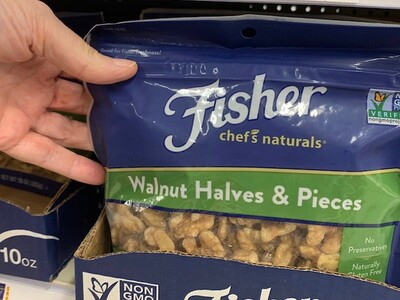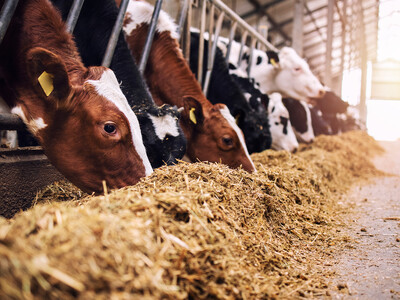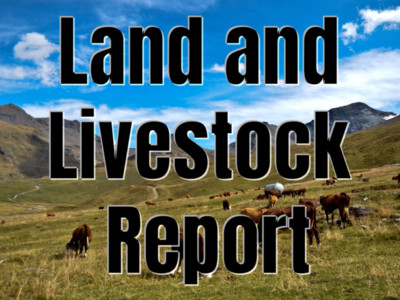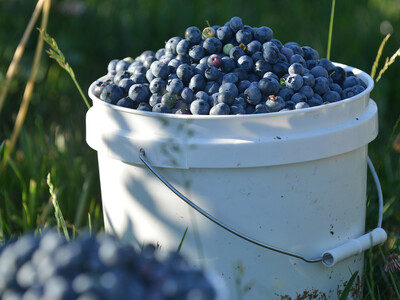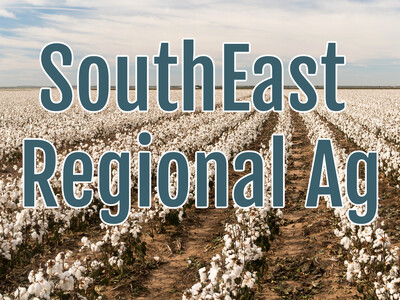Immigration Bust & Preserving Family Farms
Immigration Bust & Preserving Family Farms plus Food Forethought. I’m Greg Martin with today’s Northwest Report.
A major illegal immigration bust has targeted a western Washington herb farm. HerbCo has farms in several states and it's products like herbs are sold in grocery stores here and across the Western United States. Authorities have been looking into the hiring practices for the past year and determined half of the 150 crop workers were illegal immigrants. Charges have been filed in the Federal Court in Seattle against three top officers in the company. One company official disputes the company knew the immigration status of those workers status.
A Louisiana Senator is one of 42 co-sponsors of the Preserving America’s Family Farms Act - aimed at negating some proposals from the Department of Labor to block young people from working on farms. Louisiana Republican Senator David Vitter.
VITTER: We have that support because this is really common sense. I mean we are talking about basic things that young members of the family have done on family farms for generations and the Department of Labor would really insert governments in the middle of that family operation and prohibit some pretty basic things that have been going on safely for years.
Now with today’s Food Forethought, here’s Lacy Gray.
It’s happened in the manufacturing and service job sectors, but do we really want it to happen in the animal agriculture sector as well? I’m referring to jobs being “off-shored” to other countries due to heavy regulations imposed by federal, state, and local governments. Increased regulations on animal welfare could come with a high price tag for U.S. producers as well as consumers. A recent study which looked at the impact that sow housing and antimicrobial restrictions have had in the UK, Denmark, and Sweden showed that such imposed regulations can make it nearly impossible for domestic farmers and ranchers to remain competitive with overseas competitors, and eventually drives them out of business. Interestingly, the study also showed that in this case, because of the loss of domestic pork, the UK ended importing more pork, which more than likely came from producers who didn’t meet the same criteria they were enforcing on their own producers. Researchers deduced that based on the size of the U.S. market, if such new sow housing restrictions are put in place, it would result in $5.8 billion in capitol costs and an annual increase in operating costs of over a billion dollars a year.
Thanks Lacy. That’s today’s Northwest Report. I’m Greg Martin on the Ag Information Network.








